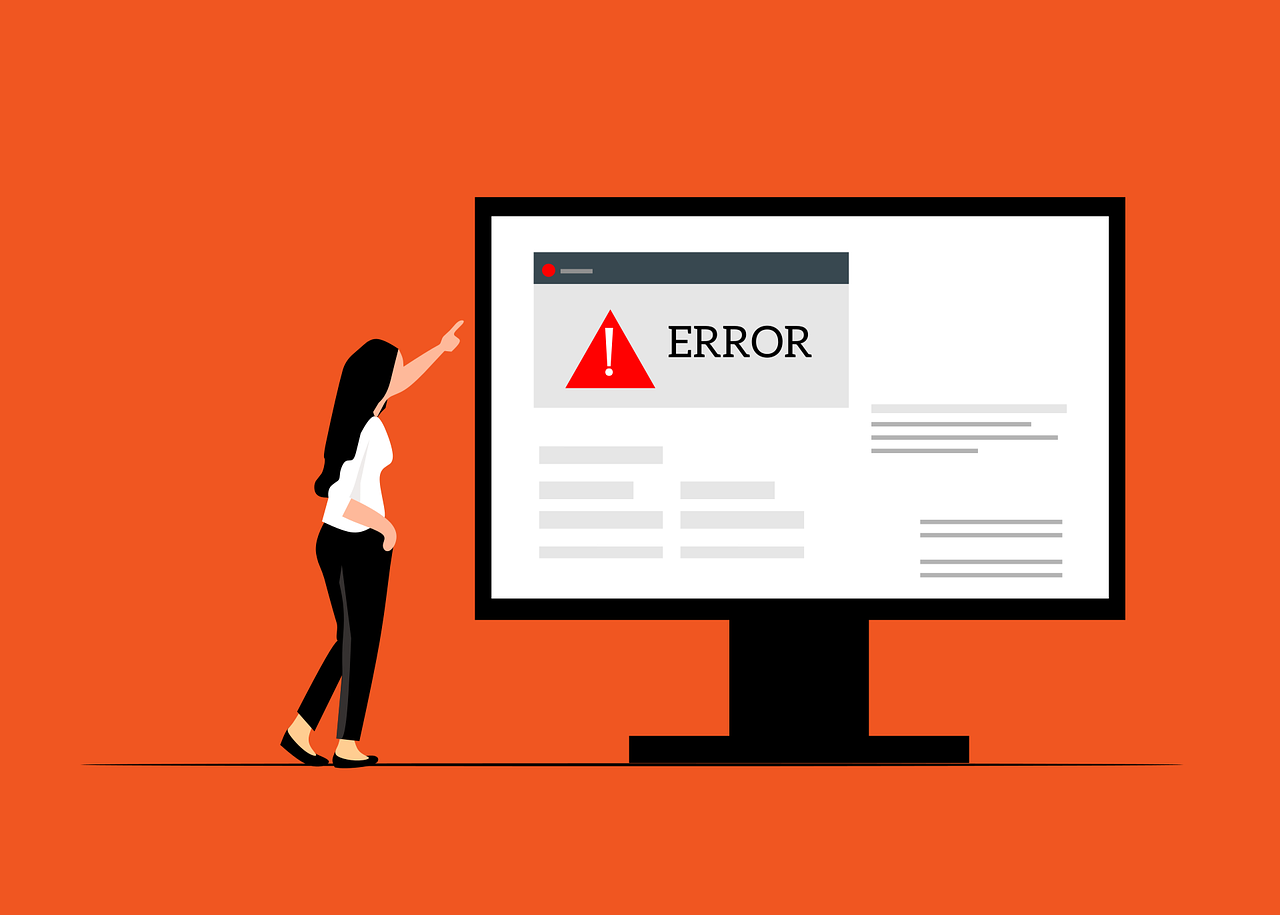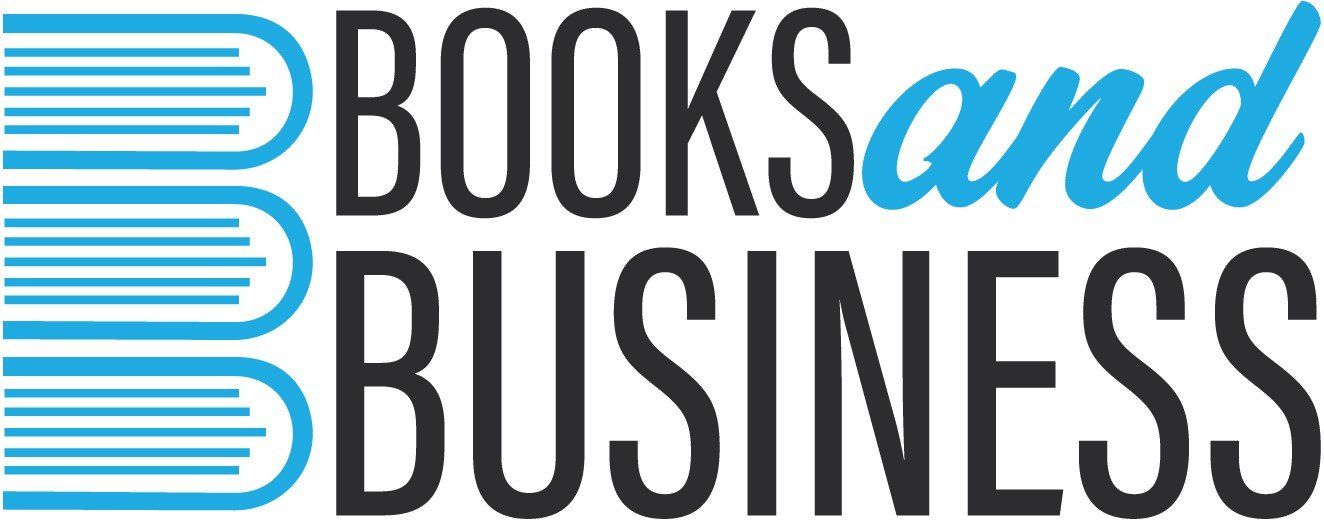Less than 100 days to get that self assessment tax return sorted!
Individuals who need to complete a Self Assessment tax return have less than 100 days left to submit their return to HMRC, before the deadline on January 31st 2024.
Although some individuals leave it until the last minute, submitting your tax return ahead of the deadline allows you to determine the amount you owe and create a plan for payment before the actual due date. The tax owed from the previous tax year is due by 31st January 2024 as well as your 1st payment on account (if applicable).
If you are unable to make a full payment, HMRC is committed to assisting you in finding an affordable way to settle your tax debt. If your tax debt is less than £30,000, you may be eligible to establish a Time to Pay arrangement, which can be done online without the need to contact HMRC. To explore all available methods for paying your tax return, please visit ways to pay on the gov website.
If you believe that you no longer need to file a Self Assessment tax return for the 2022 to 2023 tax year, it is advisable to inform HMRC as soon as possible to avoid potential penalties.
For paper returns the deadlines are October 31, 2023, but for online returns its January 31st 2024.
Filing your tax return online is the quickest and most straightforward method, see our guide to submitting your return via Quickbooks. For those who prefer paper filing, instructions on how to request a paper return can be found here . However, as we have previously reported, paper returns are no longer automatically issued, except in cases where online filing is not possible.
If you are looking for assistance with your bookkeeping and or perhaps some training with QuickBooks we offer bespoke packages to suit your needs. Get it touch for more information.




